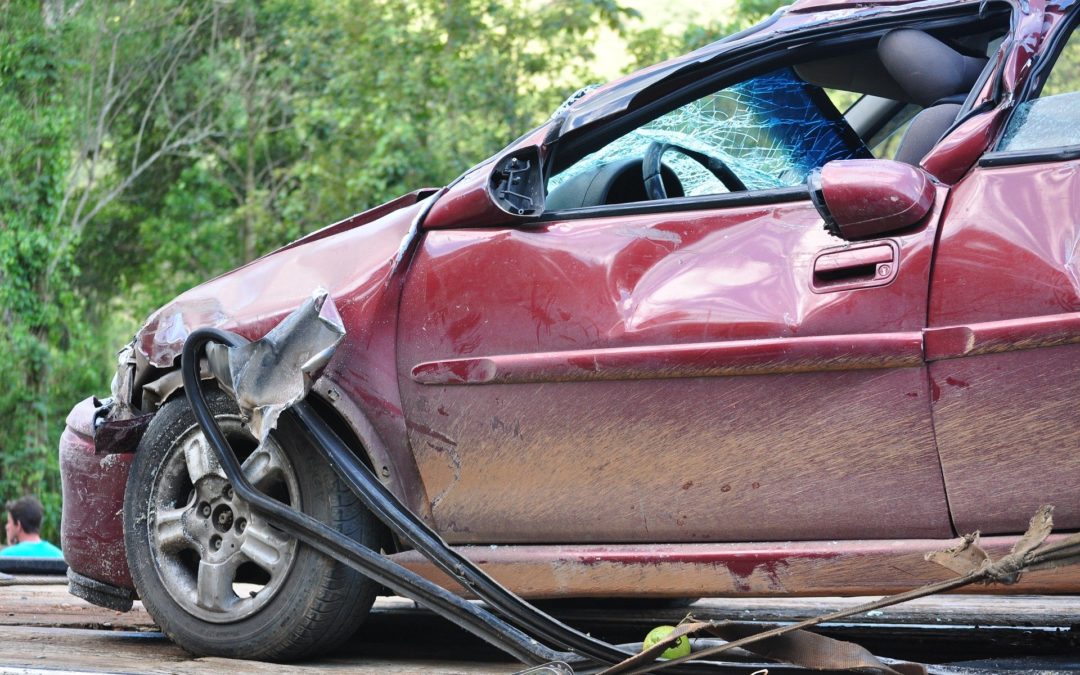Have You or A Loved One Been Charged With Intoxication Manslaughter?
A DWI/DUI charge is a serious crime in of itself. However, these charges can become even more serious when related charges are brought as a result of the intoxication. Two of the most serious intoxication related charges are intoxication manslaughter and intoxication assault as both cases involve highly charged emotions and a difficult defense process.
Intoxication assault occurs when an individual operates a boat, aircraft, amusement ride, or motor vehicle while under the influence of drugs or alcohol, or both, and the individual accidentally, or by mistake, causes serious bodily injury to another person. In essence, a prosecutor taking an intoxication assault to trial must prove five elements: 1) a person; 2) by accident or mistake 3) operated a boat, aircraft, amusement rise, or motor vehicle; 4) while legally intoxicated; and 5) by reason of that intoxication, caused serious bodily injury to another.
Intoxication assault is generally considered a third degree felony. The charge can be upgraded to a second degree felony if the person injured was a firefighter or emergency medical services personnel who was in the actual discharge of official duties, or the person injured suffered a traumatic brain injury that left them in a persistent vegetative state. In the most serious circumstance, the charge can be upgraded to a first degree felony if he person injured was a peace officer or judge who was in the actual discharge of official duties at the time of the accident.
Intoxication Manslaughter is the charge an individual receives for causing a fatal motor vehicle accident while driving intoxicated or under the influence of drugs or alcohol at the time of the accident. Even if the intoxicated driver is not technically at fault for the accident, the driver could still be arrested for and charged with intoxication manslaughter. This type of manslaughter charge is different from regular manslaughter or vehicular manslaughter, which requires the prosecution to provide proof of a reckless act or reckless driving. The act of operating a motor vehicle in a public place while intoxicated is presumed to be reckless act in and of itself, and therefore, the prosecution does not need to provide evidence of reckless driving.
A prosecutor taking an intoxication manslaughter case to trial must prove five elements: 1) a person; 2) operated a motor vehicle; 3) in a public place; 4) while intoxicated or under the influence; and 5) by reason of that intoxication, caused the death of another. Intoxication manslaughter is generally considered a second degree felony. The charge, however, can be upgraded to a first degree felony if the person injured was a peace officer, judge, firefighter, or emergency medical services personnel who was in the actual discharge of official duties at the time of the accident.
Depending on the circumstances of the case, your attorney may focus on one of the following:
- Challenging Causation: Causation in Texas requires application of s a “but-for” test. This means that a person is criminally responsible if the resulting assault or manslaughter would not have occurred but for his conduct. An exception to this rule is the occurrence of a concurrent cause, meaning that some other cause was clearly sufficient to produce the result and the conduct of the individual charged was clearly insufficient. An experienced attorney will try and prove that the intoxication was not the prevailing cause of the assault or death.
- Challenging Intoxication: A prosecutor bringing an intoxication assault or manslaughter case to trial will often include blood evidence of the charged individual. This evidence is most commonly obtained via consent or warrant. If the client suffered injuries in the accident, however, there may also be an ETOH reading found in the medical records and the prosecutor may subpoena these records and attempt to use them at trial. An experienced DUI/DWI attorney will understand and be familiar with the scientific principles of both whole blood analyzed in a forensic lab and enzymatic serum analysis performed in a hospital lab. This knowledge and experience can be used to cast doubt on the prosecution’s evidence of intoxication.
- Punishment Mitigation: As with most criminal cases, mitigating punishment will be a big focus of the defense strategy and this focus must occur from day one. An attorney experienced in handling these types of cases will have recommendations on where to start in order to get the most favorable outcome.
If you were charged with DWI/DUI or related charge such as intoxication assault or intoxication manslaughter, it is important that you receive experienced and knowledgeable representation from day one. Attorney Daniel K. Peugh has the expertise you need and deserve. Call today to find out how the Peugh Law Firm can help you!





